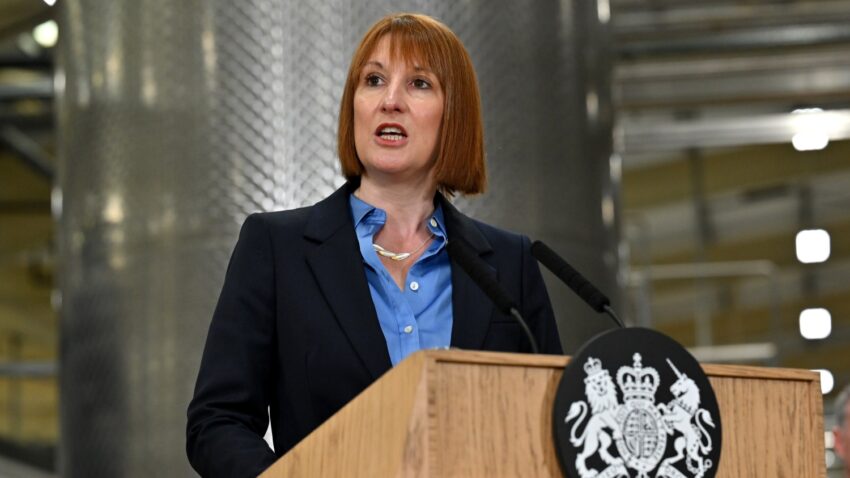
"Chancellor Rachel Reeves faces pressure to outline major tax rises or spending cuts to address a projected £50 billion shortfall by 2029/30, according to the National Institute of Economic and Social Research."
"The NIESR warns that Reeves' fiscal buffer of £9.9 billion has been exhausted, estimating a £41.2 billion deficit by the end of the decade, necessitating annual adjustments to maintain fiscal headroom."
"Professor Stephen Millard emphasized that 'fiddling at the edges won't do the job' and that moderate tax increases are essential for maintaining a fiscal buffer."
"Criticism surrounds Labour's lack of a comprehensive economic plan upon taking office, as many challenges had been anticipated that could have been managed with a clearer roadmap."
Chancellor Rachel Reeves must outline major tax increases or spending cuts as pressures mount to address a projected £50 billion shortfall by 2029/30. The National Institute of Economic and Social Research indicates that Reeves' £9.9 billion fiscal buffer has vanished, leading to an expected £41.2 billion budget deficit. Professor Stephen Millard warns that minimal adjustments will not suffice, urging for moderate tax increases. Labour's absence of a solid economic plan upon entering government has drawn criticism, impacting their ability to address these financial challenges effectively.
Read at Business Matters
Unable to calculate read time
Collection
[
|
...
]